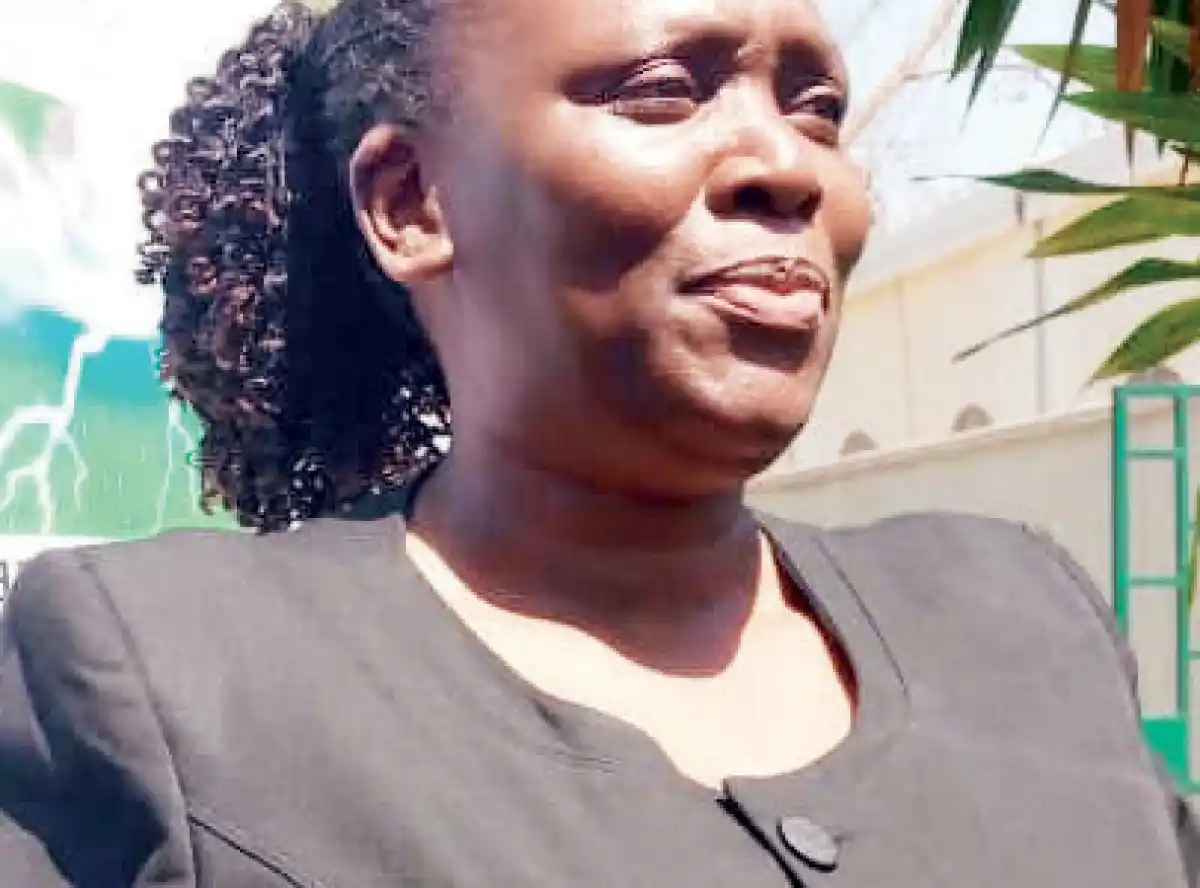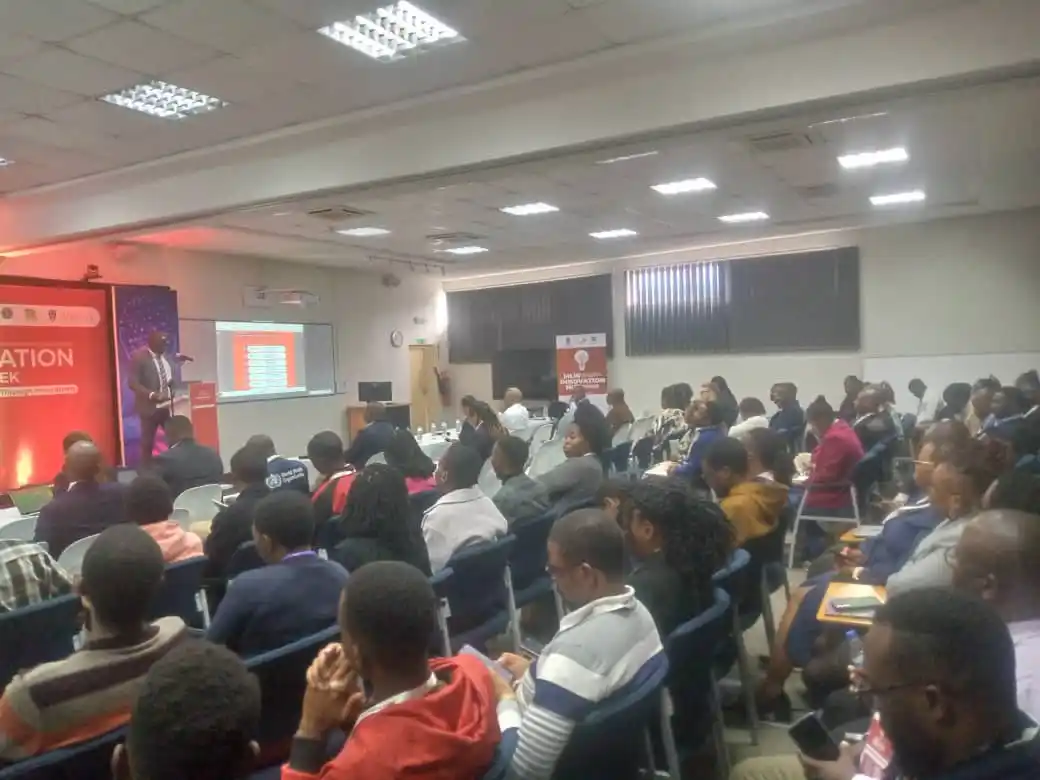
By Wezzie Gausi:
The Department of Climate Change and Meteorological Services (DCCMS) has called for the installation of a weather radar system in Malawi to improve the accuracy of weather forecasts.
The radar is said to help in the accurate prediction of weather patterns in a country.
DCCMS Director Lucy Mtilatila said that the current reliance on dispersed weather stations often fails to capture precise weather patterns across various districts.
She said weather radars operate by emitting radio waves that detect precipitation, its intensity and movement.
“This technology allows meteorologists to monitor weather conditions in real- time, providing immediate insights into developing storms.
“Our existing network of weather stations provides valuable data but lacks the comprehensive coverage necessary for precise forecasting. Implementing a weather radar would enable us to monitor atmospheric conditions in real-time, leading to more accurate and timely weather predictions,” Mtilatila said.

The Parliamentary Committee on Natural Resources and Climate Change has expressed support for this initiative.
Chairperson Werani Chilenga said that with advancements in weather technology, it is imperative that Malawi adopts such systems.
He said accurate weather predictions begin with having reliable equipment.
“Investing in modern meteorological tools is crucial for disaster preparedness and mitigating the impacts of climate change.
“Enhanced forecasting capabilities will better equip us to anticipate and respond to extreme weather events, safeguarding lives and property,” Chilenga added.
Meanwhile, DCCMS has appealed for increased funding to facilitate the acquisition and maintenance of a weather radar system, saying such an investment would not only improve forecasting accuracy but also benefit sectors like agriculture, aviation and disaster management.
The department says implementing a weather radar system in Malawi would represent a big advancement in the nation’s meteorological capabilities, aligning with global standards and improving resilience against weather-related challenges.








0 Comments